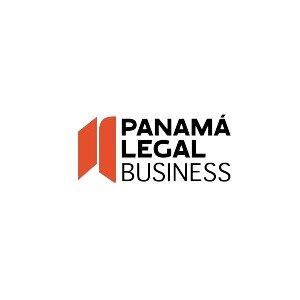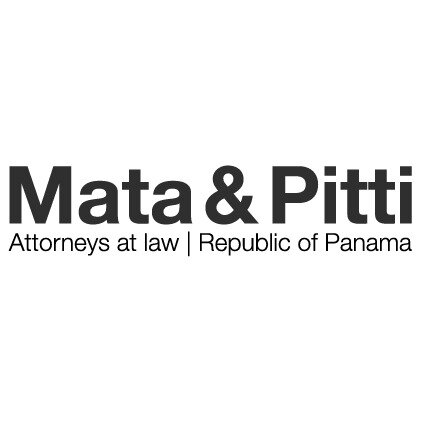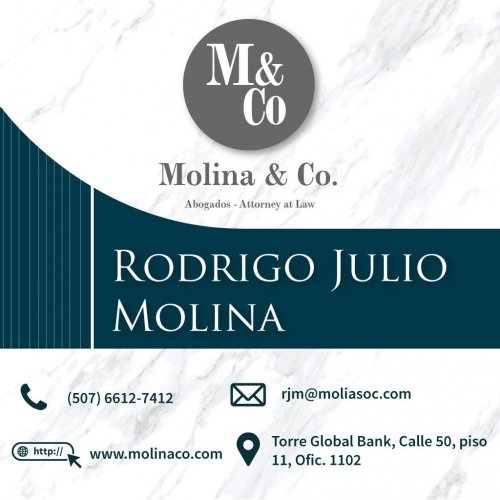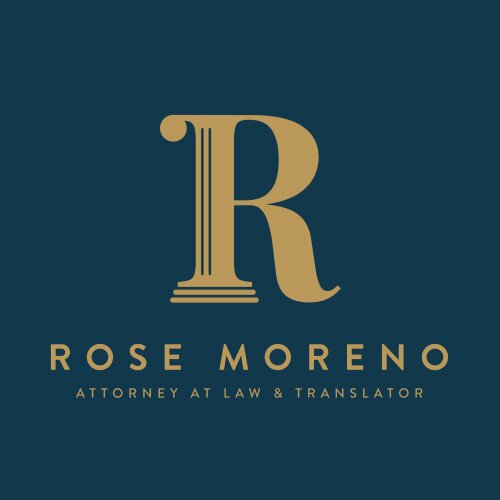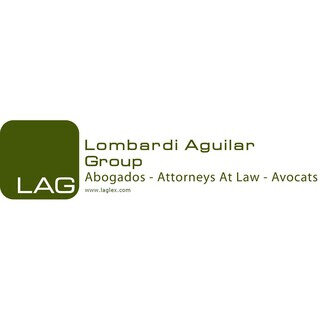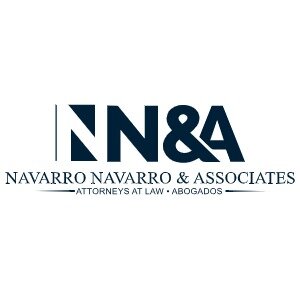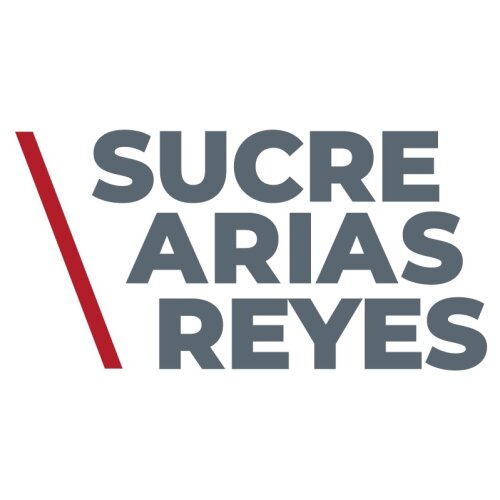Best Patent Lawyers in Panama
Share your needs with us, get contacted by law firms.
Free. Takes 2 min.
Or refine your search by selecting a city:
List of the best lawyers in Panama
About Patent Law in Panama
Patent law in Panama is governed by the Industrial Property Law (Law No. 35 of May 10, 1996), which is designed to protect the rights of inventors and promote industrial innovation. A patent provides the inventor with exclusive rights to exploit their invention for a period, typically up to 20 years from the filing date, enabling them to prevent others from making, using, or selling the patented invention without permission in Panama.
Why You May Need a Lawyer
There are several scenarios in which seeking legal advice on patents in Panama could be crucial. These include conducting a patent search to ensure your invention is unique, filing a patent application, addressing patent disputes or infringements, negotiating licenses, and navigating international patent protections. Legal professionals specializing in patent law can guide you through the complex process involved in securing and defending your patent rights.
Local Laws Overview
Key aspects of Panama's patent laws include the requirement for an invention to be novel, involve an inventive step, and be industrially applicable to be patentable. The Directorate General of Industrial Property at the Ministry of Commerce and Industries is responsible for granting patents. The law also covers aspects such as compulsory licensing, public disclosure, and the rights conferred by a patent, along with exceptions to those rights.
Frequently Asked Questions
What is the duration of a patent in Panama?
The standard duration of a patent in Panama is 20 years from the date of filing the patent application, subject to the payment of annual maintenance fees.
Can all types of inventions be patented in Panama?
No, not all inventions can be patented. Discoveries, scientific theories, mathematical methods, and purely aesthetic creations, among others, are not patentable under Panamanian law.
What are the costs involved in filing a patent application in Panama?
Costs can vary based on factors such as legal fees, complexity of the invention, and translation costs, if applicable. It is advisable to consult a patent attorney for a detailed estimate.
Is it necessary to have an attorney to file a patent in Panama?
While not mandatory, it is highly recommended to engage a patent attorney to ensure that the application is correctly drafted and legally protects your invention effectively.
What constitutes patent infringement in Panama?
Patent infringement occurs when an unauthorized party makes, uses, sells, or distributes a product or process covered by a patent in Panama. Enforcement of rights requires legal action through the courts.
How can I conduct a patent search in Panama?
Patent searches can be conducted through the Directorate General of Industrial Property’s database. Engaging a professional may be beneficial for thorough and effective searches.
Is software patentable in Panama?
Software as such is generally not patentable, but software-related inventions that demonstrate a technical effect or solve a technical problem may be eligible for patents.
What is the process for obtaining a patent in Panama?
The process involves filing an application with the Directorate General of Industrial Property, which includes providing detailed documentation of the invention, followed by an examination process.
Can I file a patent application in Panama for an invention developed abroad?
Yes, foreign applicants can file for patent protection in Panama, and Panama is a member of the Patent Cooperation Treaty (PCT), simplifying international filings.
How are disputes related to patents resolved in Panama?
Disputes can be resolved through litigation in Panamanian courts or alternative dispute resolution methods like arbitration and mediation, depending on the situation and parties involved.
Additional Resources
For additional support, individuals can consult resources such as the Directorate General of Industrial Property, local intellectual property law firms, the Industrial Property Journal, and international organizations like WIPO.
Next Steps
If you're seeking legal assistance with patents in Panama, the next steps would include conducting a preliminary patent search, consulting with a reputable patent attorney, preparing necessary documents and information about your invention, and staying informed about filing deadlines and legal obligations.
Lawzana helps you find the best lawyers and law firms in Panama through a curated and pre-screened list of qualified legal professionals. Our platform offers rankings and detailed profiles of attorneys and law firms, allowing you to compare based on practice areas, including Patent, experience, and client feedback.
Each profile includes a description of the firm's areas of practice, client reviews, team members and partners, year of establishment, spoken languages, office locations, contact information, social media presence, and any published articles or resources. Most firms on our platform speak English and are experienced in both local and international legal matters.
Get a quote from top-rated law firms in Panama — quickly, securely, and without unnecessary hassle.
Disclaimer:
The information provided on this page is for general informational purposes only and does not constitute legal advice. While we strive to ensure the accuracy and relevance of the content, legal information may change over time, and interpretations of the law can vary. You should always consult with a qualified legal professional for advice specific to your situation.
We disclaim all liability for actions taken or not taken based on the content of this page. If you believe any information is incorrect or outdated, please contact us, and we will review and update it where appropriate.
Browse patent law firms by city in Panama
Refine your search by selecting a city.



